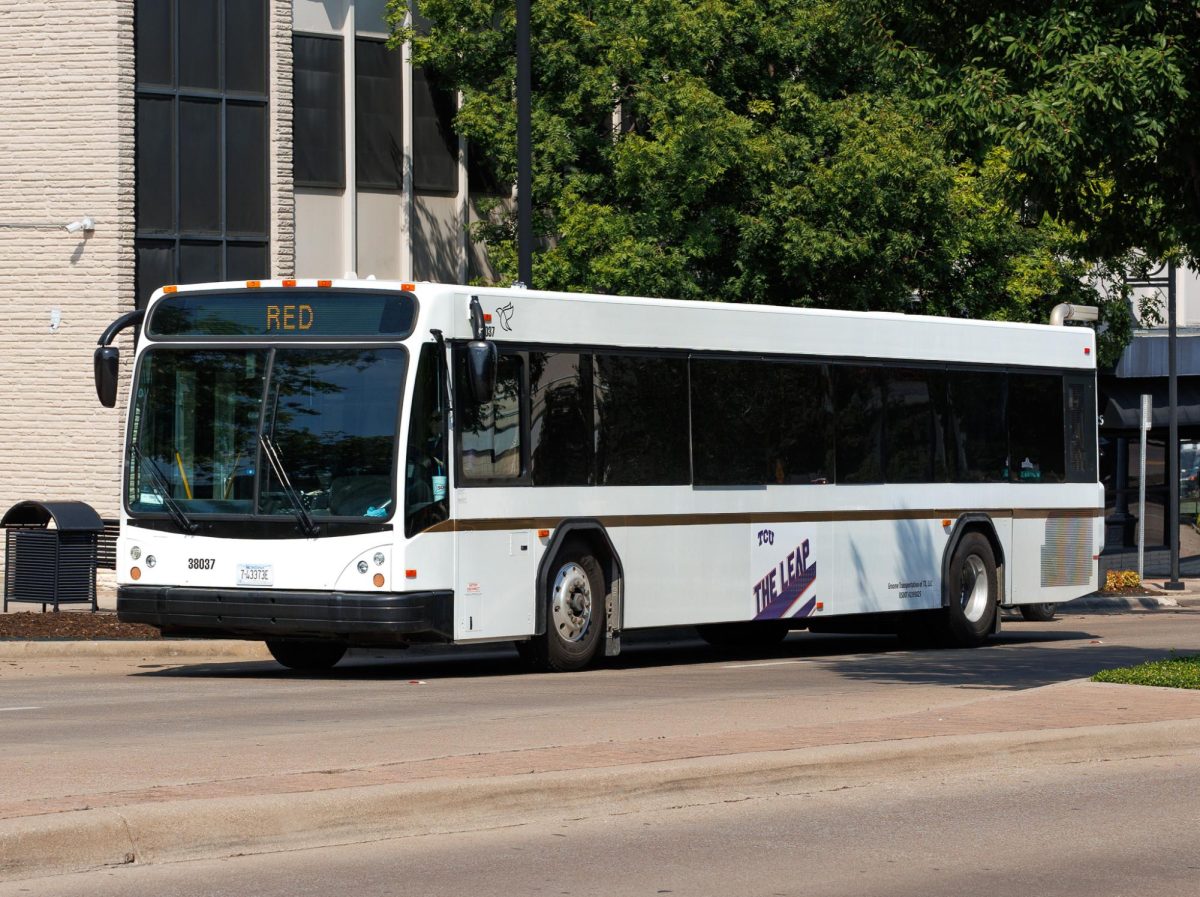Increased prices, limited meal options, few healthy alternatives and 40 cents for ice; does this sound familiar?
It should. This is what TCU students are becoming accustomed to on campus under TCU Dining Services. Let’s be honest for a minute; the three lone on-campus meal options, 1873, Market Square and Frogorrito are not competitors. To think of them as competitors is equivalent to believing that Sam’s Club and Wal-Mart are competitors, when in reality they are both owned and operated by Wal-Mart Stores, Inc.
According to a UNITE HERE: Stir It Up campaign article, in 2010, students at Auburn University, the University of Alabama at Tuscaloosa and at Birmingham sued their universities for supplying monopolies to their on-campus dining providers.
Sodexo, Inc., Compass Group USA and Aramark are three of the largest on-campus food suppliers in the U.S. According to the article, “The Big 3,” has “unfettered dominion and control over on-campus dining by awarding [dining companies] a monopoly on dining services, which robs the students of the benefits of free choice in the marketplace.”
This is Sodexo’s angle at TCU. In an ordinary market setting, multiple businesses would limit the increase of costs and maintain premium quality through competition.
That is not the case at our university. Market Square, for example, is most often limited to three things: pizza, burgers and salad.
Sometimes appetizing alternatives such as steak, meatloaf and lasagna may be found. These times are usually concurrent with the presence of parents ready to see the best the dining services have to offer.
Sodexo is a monopoly on campus, and not only are monopolies undemocratic, but also usually have very little incentive to cater to their customers best interests.
Why should they? What detriment is there to Sodexo from increasing the overall costs of meals? Nothing.
Monopolies do what they want because they can. However, TCU is comparably cheap. Neighboring SMU students pay between $4,725.00 and $5,484.00 a year for their basic meal plans, according to the SMU Dining Services website. Then again, their dining services are also operated by “Big 3” dining company, Aramark.
The biggest problem is not the effects that are caused by Sodexo or any monopoly for that matter. In regards to costs and health, students do not notice or comprehend these changes and policies.
Until, as a student body, we begin to comprehend that an 8 percent annual increase actually means that your Platinum Campus Cash of $300 has been reduced to $276, there will be no change.
Disregard that you are actually forced into having at least $50 in campus cash, which they charge at a higher rate than ordinary cash in order to reduce competition with local restaurants such as McDonald’s and Einstein Brothers Bagels, for example.
That’s why we have Frog Bucks, right? Why can’t Campus Cash and Frog Bucks be integrated into a single cash unit and allow for the students to decide where they want to eat?
One suggestion by the Stir It Up Campaign, an organization that aims to fight for change in on-campus food services, is that a “competitive dining system” be approved. Several universities have instituted this policy to combat unreasonable costs and increase quality.
We can attempt to institue this or pressure TCU Dining Services and Sodexo, in particular, to make the changes necessary for the improvement of our university dining experience.
Jonathan L. Davis is a junior political science and psychology double major from Niagara Falls, Ontario, Canada.




